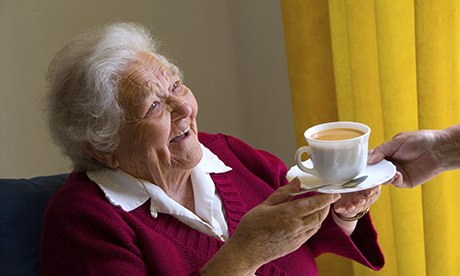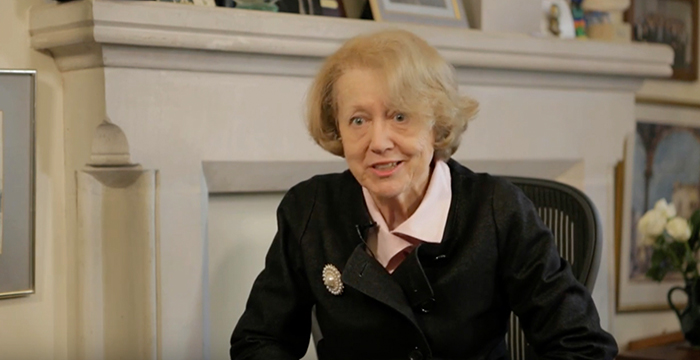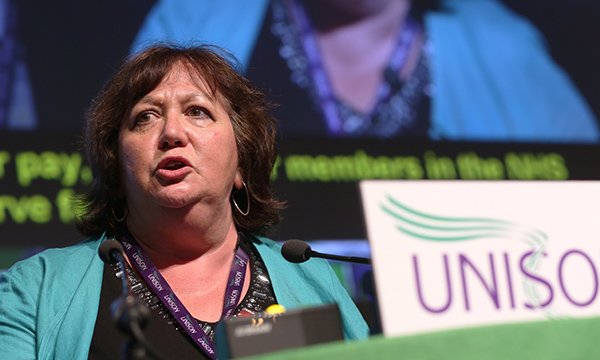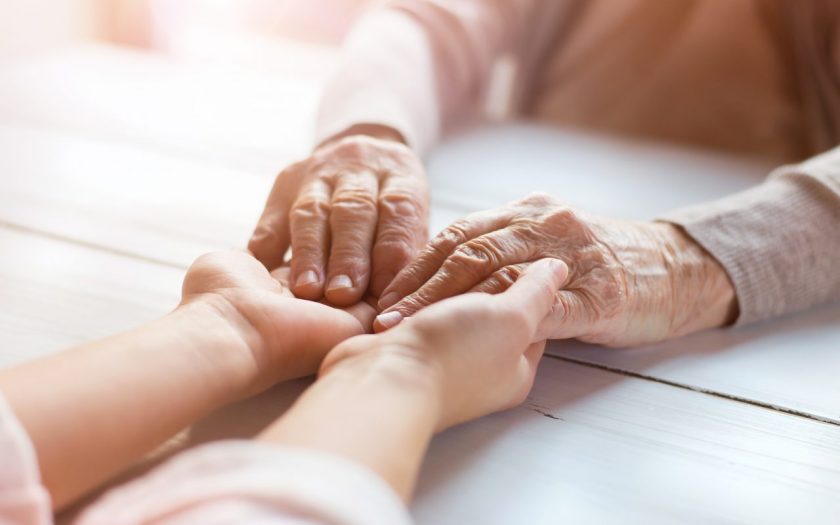Carers who have to sleep at their workplace in case they are needed overnight are not entitled to the minimum wage for their whole shift, the Supreme Court has ruled. Claire Tomlinson-Blake, a Mencap support worker in the East Riding of Yorkshire, had tried to overturn a ruling that she and her colleagues are only entitled to minimum wage when they are required to be awake for work – and not while asleep.

She was challenging a Court of Appeal’s decision alongside a linked case brought by John Shannon, a Surrey care home worker. But both were dismissed by the UK’s highest court on Friday morning. Announcing the decision, Lady Arden said: ‘This court dismisses the appeal of Mrs Tomlinson-Blake and Mr Shannon.

Lady Arden DBE
The Supreme Court ruled that employment tribunals and the Court of Appeal were “correct” in previously dismissing the case.
However, Lady Arden noted how the arguments in the case were given prior to the first coronavirus lockdown, and so the court had heard “no argument as to any effect of those measures on the calculation of the national minimum wage”.
Mrs Tomlinson-Blake, who worked in the East Riding of Yorkshire, was paid £22.35 for a sleep-in shift between 10pm and 7am plus one hour’s pay at the then-national minimum wage of £6.70, making a total of £29.05.
At a hearing in February last year, her barrister Sean Jones QC told the Supreme Court that carers like Mrs Tomlinson-Blake were getting less than minimum wage.
John Shannon, who worked as an on-call night care assistant at a care home in Surrey, also challenged the 2018 decision by the Court of Appeal that sleep-in carers were not entitled to the minimum wage for the whole of their shift.
‘Sleep-in shifts aren’t about just being on call – it’s work. Staff are constantly on guard to protect the most vulnerable in society. The sound of a cough in the night could mean someone’s in danger.
‘It was nice to be clapped by the nation, but that was only temporary. The care workforce should be valued permanently. Respect for staff shows that the people we care for matter too.’

Unison’s General Secretary, Christina McAnea
Trade union Unison’s general secretary Christina McAnea said: ‘No-one is a winner from today’s judgement.’
While Sue Harris, legal director of the trade union GMB, said the union had ‘raised an eyebrow’ at the court’s decision.
In a statement after the ruling, Paul Chamberlain, head of employment at law firm JMW Solicitors, said: ‘This is a landmark case for the care sector.

